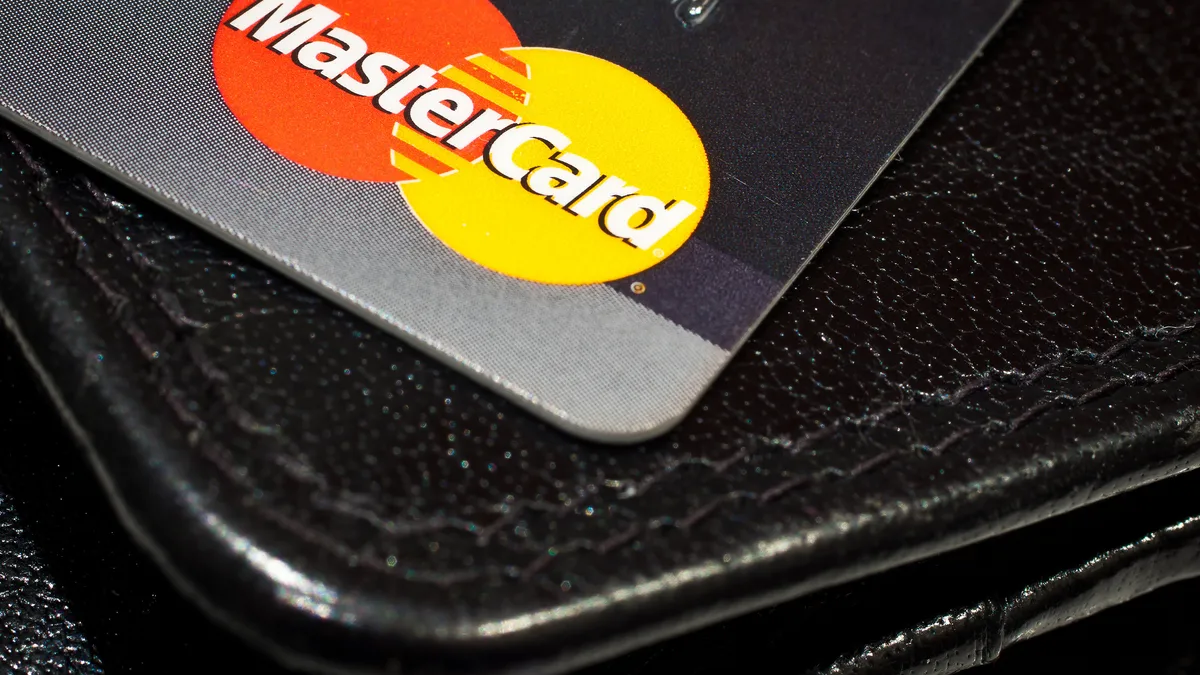Dive Brief:
- Dallas and Miami-Dade County will be among the communities adding Mastercard's contactless transit fare payment systems this year, a spokesperson told Smart Cities Dive.
- New York City also is scheduled to add a contactless system, as announced last year. Passengers will be able to store their Metropolitan Transit Authority (MTA) fare digitally and use a mobile device to pay.
- The cities' systems will be open-loop, meaning the payment solutions can be used outside of the transit system, as opposed to relying on a dedicated transit card.
Dive Insight:
Cities increasingly are modernizing their transit fare systems, with many converting from fare cards to "tap-and-go" or touchless solutions. Los Angeles and Washington, DC are among the cities ditching fare cards.
Consumers increasingly want convenience for services across the board, including transit, and contactless fare payment certainly fits the bill. It can get passengers through turnstiles faster by simply scanning a mobile device rather than sliding a fare card through a reader or touching it to a turnstile. The open-loop systems are also more convenient because they're a general purpose account from which to draw transit fare, rather than needing a dedicated account or dedicated transit card. In a sense, the cities that adopt open-loop systems are closer to a universal fare system rather than each transit agency having its own.
Transit agencies benefit from contactless systems, too. In addition to reducing congestion by getting passengers through turnstiles quicker, ongoing operating costs generally are estimated to be lower for contactless systems. For example, they eliminate costs related to ticketing, such as the need to stock kiosks with fare cards.
Modern fare payment is not without its challenges. Chicago was an early adopter of an open-loop fare card model but got rid of it more than a year ago. The city's transit agency said riders didn't take to the idea of tying a general purpose prepaid account to a transit fare card. But card-free open-loop systems have potential to win more favor because digital wallets are easier to manage.
A key element transit agencies should consider when switching to contactless systems is ensuring equity. Without proper consideration, contactless systems can exclude riders who do not have access to credit cards or smart phones.












